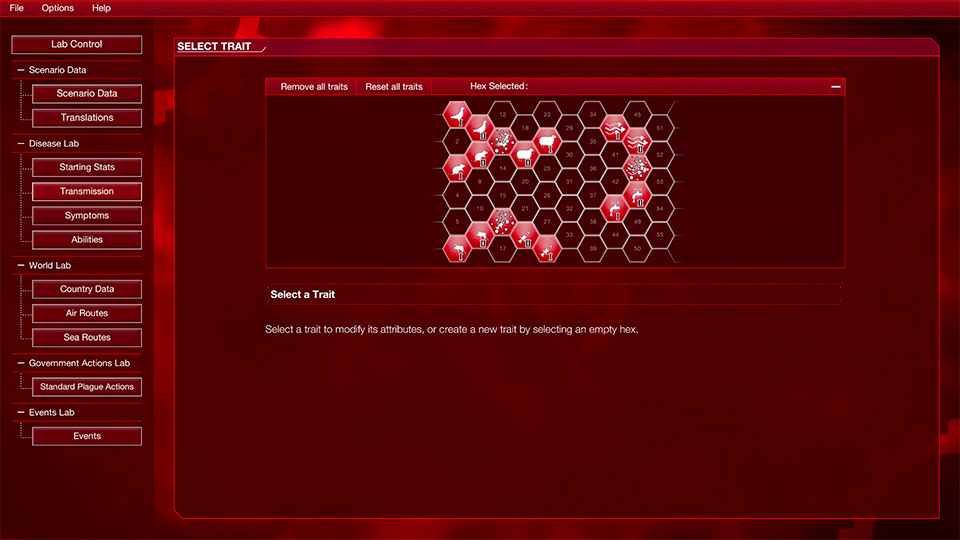


Other rules are equally relevant and suggest that we may not be so well-placed in the evolutionary hierarchy. The rule of natural selection is the most well known but taken in isolation it has been used as evidence of human evolutionary superiority. Since our appearance on the evolutionary scene, Dunn says, we have been breaking all the rules of ecology, and we ought to stop it now that we’re less ignorant.Īnd there are many such rules, all intellectually interesting and with fascinating implications. So it’s taken some time for science to catch up with our actual situation which, as many suspected, is not nearly as sanguine as conventional metrics might indicate. He apparently missed a lot that didn’t exist for the naked eye in the North Woods. We have begun to crash into things we find ourselves blindsided by life.”įor our blindness, Rob Dunn says, we can thank the great 18th century Swedish botanist and zoologist who was the first to attempt a systematic catalogue of life on Earth. We have been confident only because we have been ignorant: “As we confront the future, our collective bearings are off, and our perception of the world around us is deeply flawed. And this doesn’t even count the unknown number of microbes which inhabit the Earth’s crust and which have life-spans of millions of years. The millions of insect species, the billions of bacterial species, and the trillions of species of phage that live off the bacteria make us less than amateurs in the long-haul adaptiveness required in order to continue our hegemony. So our sense of entitlement, of having been given ‘dominion’ over the other life forms with which we share space, seems to be justified.īut it turns out we are size-ist, ageist, humanist, and somewhat Swede-ish when it comes to assessing our place in the world. Just 3 percent is left over for the rest of vertebrate life, the remaining tens of thousands of boney animal species.” According to the measure of ‘presence’ we obviously dominate the many losers in the Darwinian race for survival: “By one estimate, 32 percent of the terrestrial vertebrate biomass on Earth is now composed of nothing more than fleshy, human bodies. A mushroom rising from the wet ground of our origin.” No other species has ever accomplished this. According to the measure of ‘presence’ we obviously dominate the many losers in the Darwinian race for survival: “By one estimate A Flash in the PanĪccording to Rob Dunn, the growth in the human population and its expansion to every climatic zone on the planet occurred more or less instantaneously (in evolutionary terms) over the last 12,000 years. Ours is.Īs ambitious as Edward Wilson’s Sociobiology and as timely as Elizabeth Kolbert’s The Sixth Extinction, A Natural History of the Future sets a new standard for understanding the diversity and destiny of life itself.moreĪ Flash in the Pan According to Rob Dunn, the growth in the human population and its expansion to every climatic zone on the planet occurred more or less instantaneously (in evolutionary terms) over the last 12,000 years. Life’s future flourishing is not in question.

When we create artificial islands of crops, dump toxic waste, or build communities, we provide new materials for old laws to shape. In the evolution of antibiotic resistance, the power of natural selection to create biodiversity, and even the surprising life of the London Underground, Dunn finds laws of life that no human activity can annul. We may see ourselves as life’s overlords, but we are instead at its mercy. In A Natural History of the Future, biologist Rob Dunn argues that such efforts are futile. Our species has amassed unprecedented knowledge of nature, which we have tried to use to seize control of life and bend the planet to our will. In A Natural History of the F "An arresting vision of this relentless natural world"- New York Times Book ReviewĪ leading ecologist argues that if humankind is to survive on a fragile planet, we must understand and obey its iron laws "An arresting vision of this relentless natural world"- New York Times Book Review A leading ecologist argues that if humankind is to survive on a fragile planet, we must understand and obey its iron laws Our species has amassed unprecedented knowledge of nature, which we have tried to use to seize control of life and bend the planet to our will.


 0 kommentar(er)
0 kommentar(er)
